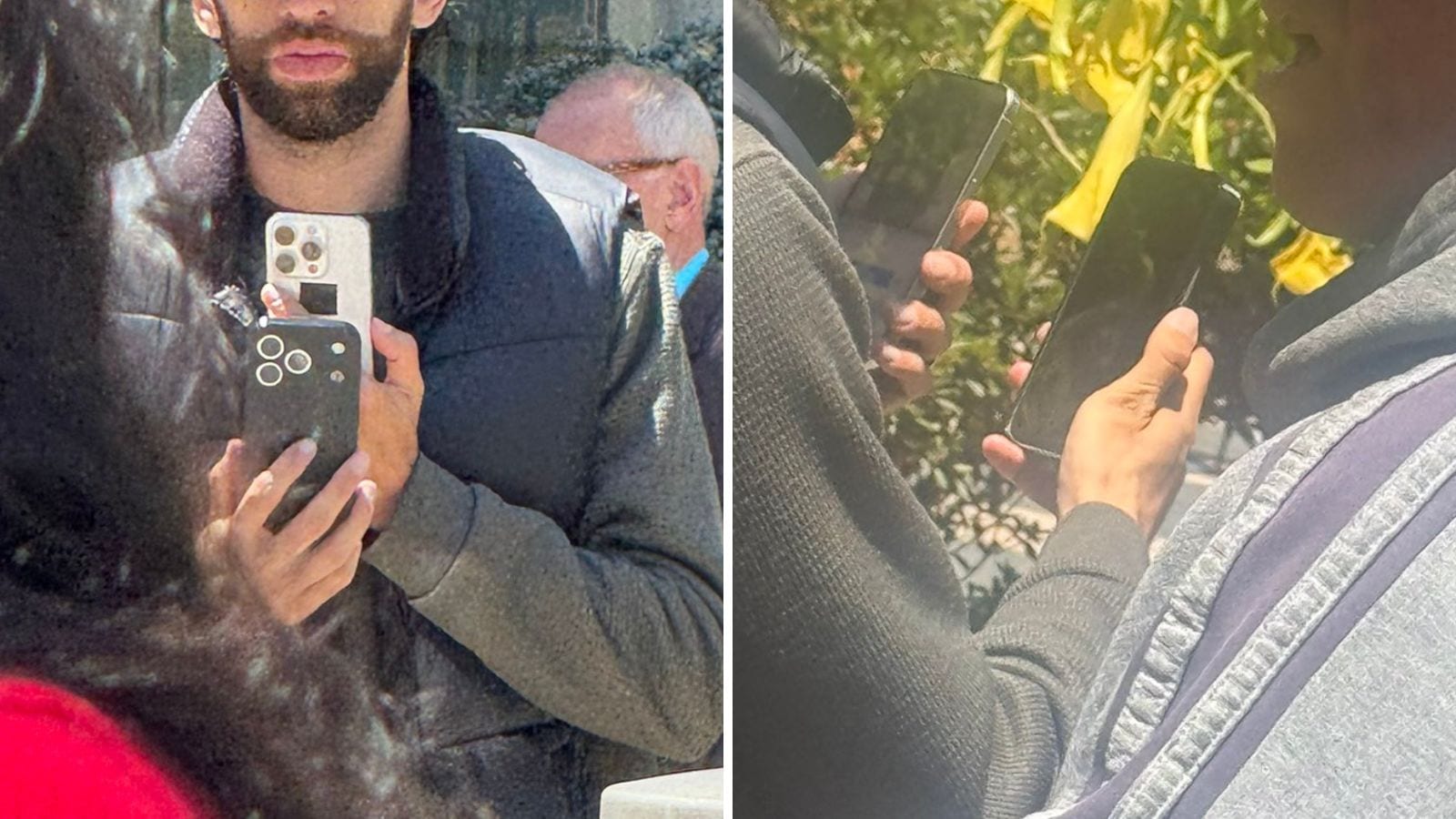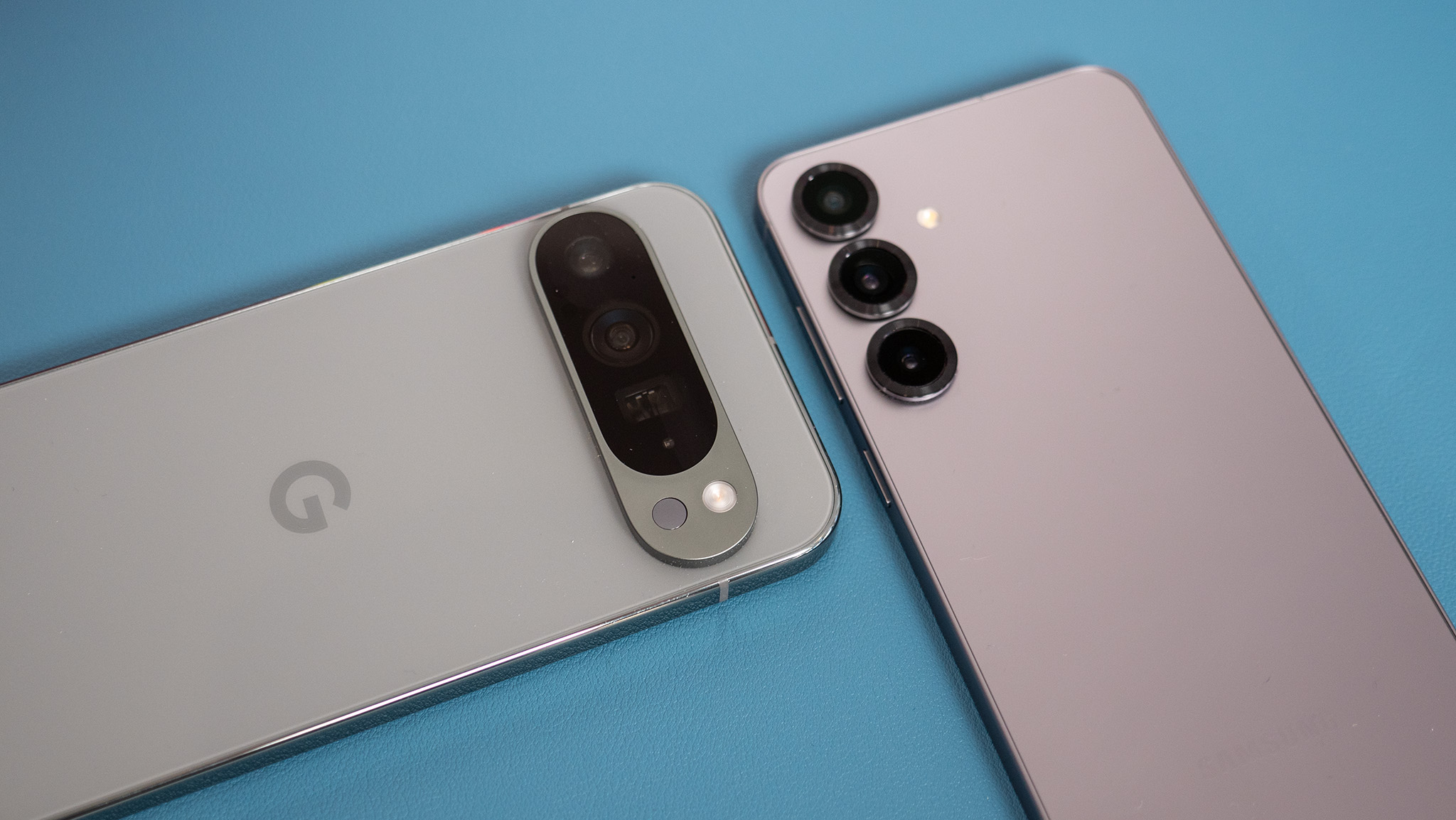
Facing an unexpected storm of public criticism and a potential lawsuit from the American Civil Liberties Union, the Lakeland Downtown Development Authority announced Thursday that it has disabled the facial recognition capabilities on its new security cameras.
The LDDA’s governing body voted to purchase the 13 cameras, most installed outside businesses, as a way to make downtown safer. City commissioners and business owners endorsed the plan when it was first announced, noting that security cameras are commonplace around the world — on traffic lights, in stores and even on homeowners’ doorbells. In addition, there is no reasonable expectation of privacy in public places, they remarked.
However, the conversation shifted last month after the LDDA’s public meeting when Executive Director Julie Townsend and board members discussed the facial recognition technology that is a standard part of the new 360-degree Verkada cameras’ software.
The software allows owners to upload pictures of specific individuals and receive emailed alerts if that person is detected by one of the cameras. The LDDA was transparent about the feature and discussed self-imposed guidelines for who would be considered a “person of interest,” including the three pictures it had uploaded.
In Thursday’s statement, Townsend wrote that in lieu of facial recognition, “(We) will continue with our long-standing, unofficial neighborhood watch program of notifying each other when there are threats to people or property. The cameras without facial recognition are helpful in that effort.”
Criticism
The difference between regular cameras and “smart” cameras that can scan for specific people was a red line for some social media commenters. Although several said they did not have a problem with it, others called the facial recognition software “creepy,” raged about “Big Brother” and likened downtown to China or a police state.
Then on March 29, the ACLU issued a press release calling the biometric features of the cameras “nightmare-inducing,” “alarming,” “dystopian” and “deeply invasive.” The organization filed public records requests with both the LDDA and Lakeland Police Department, and signaled that it was prepared to sue.
Townsend spent Easter weekend crafting a detailed explanation of what the cameras can and can’t do, the safety benefits of having them, and the checks and balances against potential misuse. The statement read in part:
Cameras backed by facial recognition technology software have existed for a long time and are currently installed all over common spaces — public and private. Big box stores, convenience stores, intersections, stadiums, grocery stores, parks, schools — practically everywhere you go, cameras with facial recognition are in use by both public and private entities.
The difference is, the LDDA was transparent and told you about it. We believe in transparency. The transparency is part of our strategy for deterrence. We believe in careful oversight of the camera usage. And we want you, the public, to be fully informed so you can make sound personal judgments.
However, the explanation did not satisfy critics. At the end of Monday’s City Commission meeting, three people who had waited more than two and a half hours to speak urged commissioners to intervene.
City Commission gets involved
Lakeland resident Adam Spafford told the commissioners he did not believe there was any “malintent or wickedness” on the part of Townsend or the business owners. But he said, “Let’s not be naive. Safety is not really the ultimate goal — at least not for everyone. It’s power. Power wielded over your fellow person.”
Lakeland resident Christopher Diaz outlined several concerns, including about the rights of the “people of interest.”
“These citizens do not have warrants out for their arrest. And even if they did, these would be the lowest level of misdemeanors. Misdemeanors so low that law enforcement agencies would not even pay for extradition from anything outside of neighboring counties,” Diaz said.
Diaz said the $115,000 cost of the cameras was a huge expense for a small problem, and could have been put to overtime for extra officers or deputies instead. He noted that software sometimes misidentifies people.
“And while Ms. Townsend might be acting benevolently in this situation, that may not be the case long-term. Who might succeed her? Who within her office may not be acting benevolently? Who with the LPD? Who with the business owners, who will also have access to these cameras upon their request?” Diaz asked.
Commissioner Mike Musick, who sits on the LDDA board, said that during early discussions about the cameras, “My antennas didn’t go up, maybe like they should have.” He suggested the commission call a special meeting to discuss the issue.
“I would really like if we could take some time to have Ms. Townsend come here and be able to a) respond to things that are being said, but also b) that we are all up to speed on this. It’s a very serious thing that I think we do need to take seriously,” Musick said. “I would ask that we elevate that conversation, whether it starts at an agenda study or a workshop, just so that everything’s out there.”
Mayor Bill Mutz commended Townsend for her efforts to explain both the cameras’ capabilities and the LDDA’s policies. He read the full text of an email Townsend sent to a citizen, saying “I think it’s pretty comprehensive.”
However, Commissioner Sara Roberts McCarley said, “I can understand the citizens’ concerns that — yes, if Julie’s there and we trust our LDDA board now ’cause we have a good representative right now — but this is one of those quandaries of participating in the community in the technology age that we’re in. We have to balance cybersecurity with regard to personal privacy.”
“I would like our staff and our city attorney, to Commissioner Musick’s point, discussing this more one-on-one, but also maybe a workshop on how we can do this,” McCarley added. “I think from now on, for the rest of millennia, we’re going to have to battle this out — of how to make it all work together in public spaces in unison, where we are cognizant of those unintended consequences. I’m glad that we had people come in today and heighten our awareness to the issue.”
LDDA responds
In the news release issued Thursday, Townsend wrote that the costs of potential litigation outweighed the benefits of the facial recognition feature, so the LDDA opted instead to dismantle it. The full message was as follows:
The Lakeland Downtown Development Authority (LDDA) will turn off the facial recognition function that comes standard with the security cameras we recently installed. The LDDA considers cameras an affordable and unbiased way to provide additional sets of eyes in the district to help keep the district clean and safe. The cameras were not purchased or installed because of facial recognition technology (FRT), but we certainly appreciated the opportunity to use the software to enhance the safety of Downtown.
The ACLU has made it clear that it plans to litigate the issue. The harmful effects of pointless litigation that the LDDA can not afford outweigh the small benefits that facial recognition would have provided. We have instructed our service provider to disable the FRT software.
In the meantime, we have removed the three faces loaded into the facial recognition software. Those faces belonged to three men who met the LDDA criteria for using the software and have: harassed and threatened an LDDA employee, trapping her briefly in her office; harassed and stolen from a Farmers Market vendor resulting in being trespassed from the Market; and a man with a long standing record of threats, harassment, and aggressive behavior that led to an injunction being issued against him several years ago by a Downtown property owner and who has been trespassed from multiple businesses. We will no longer know or receive notice when those three faces, or any others, enter the camera space of the Downtown district. LDDA, in partnership with the Downtown businesses, will continue with our long-standing, unofficial neighborhood watch program of notifying each other when there are threats to people or property. The cameras without facial recognition are helpful in that effort.
The LDDA takes great pride in innovation: innovating events, innovating ways to keep the district clean and safe; innovating in any way that draws people to our district and helps create and sustain a sense of community and joy. But if anyone thinks we are innovators in the American surveillance state, public and private, they are woefully naïve. This software capability is standard on most cameras. What is not standard is a commitment to explain to the public what we wanted to do and why.
This experience has not at all diminished our commitment to serve and protect visitors to Downtown Lakeland, our businesses, employees and properties in the district. The cameras will continue to serve as a valuable tool in our efforts to keep Downtown clean and safe as they were originally intended
link







